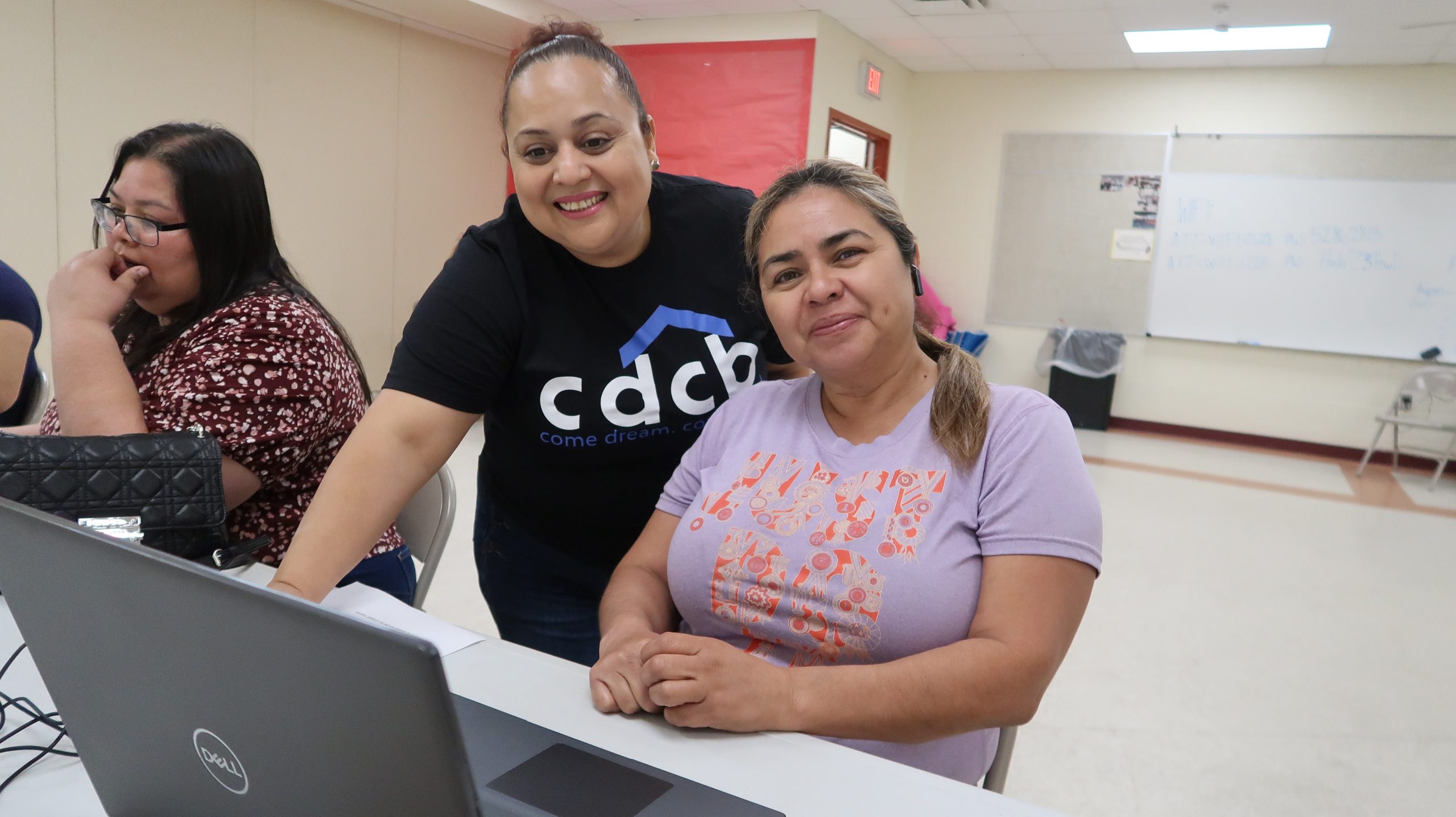
Related Stories
Digital Equity Champions for All Learners: Rural LISC’s Digital Connector Program Partners with Community Organizations
In many rural regions, communities lack access to high-speed, reliable internet service and devices. However, even after these availability challenges are addressed, individuals require digital skills to effectively use technology to meet their goals and needs. Without these skills, rural communities are unable to access many resources and services, including telehealth, online job applications, small business growth resources, and more.
Rural LISC (Local Initiative Support Corporation) raises funds for capacity building and technical assistance for community-based, direct service organizations to support work in rural areas, including digital inclusion efforts. “We live in a digital economy,” explained Christa Vinson, Rural LISC’s senior program officer for rural broadband. “Individuals and families need access to technology and skills to use it.”
Rural LISC’s Digital Connector program has worked to build the capacity of staff at more than 55 partner organizations to provide digital skills training to their communities. Equipped with tools, peers, and know-how, Digital Connectors have helped individuals in 22 states learn how to make informed decisions about internet providers and plans, use various computer programs and web-based applications with confidence, and develop in-demand job skills.
Rural LISC promotes access to digital opportunity by resourcing and empowering trusted, community-based partners, including adult learning providers, libraries, and childcare organizations. For example, in southeast Virginia, Rural LISC supported the formation of the Greater Petersburg Broadband Task Force. During COVID-19, local funders provided hotspots to area students. Since then, the task force helped secure infrastructure funding, and construction has begun to bring a new, wired broadband internet connection to more than 3,800 households in Sussex and Dinwiddie Counties. One task force member, Virginia State University (VSU), was recently awarded $2.79 million from the NTIA Connecting Minority Communities program. VSU will use part of the grant to train students as digital navigators, who can support Petersburg-area community members in developing computer and internet skills, learning on a high-quality computer they’ll have the option to keep and use at home.
When asked for her advice for state broadband offices developing digital equity plans, Vinson recommended turning to “deeply-rooted community organizations” to reduce barriers. “Often, the result is not just that individuals have a path forward,” Vinson reflected, “but grant dollars also shore up the capacity and mission of those organizations to serve their communities in a future-focused way.”


